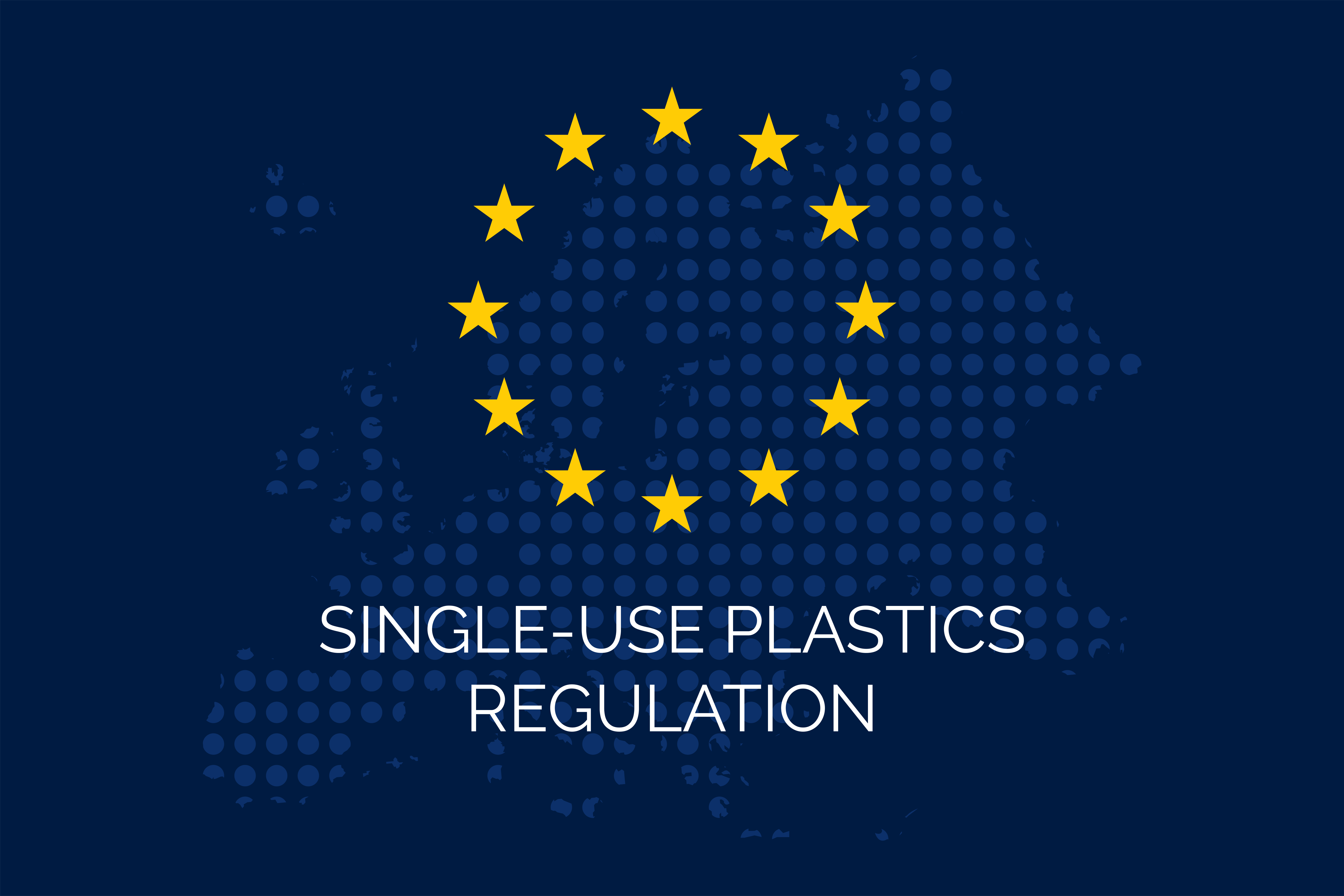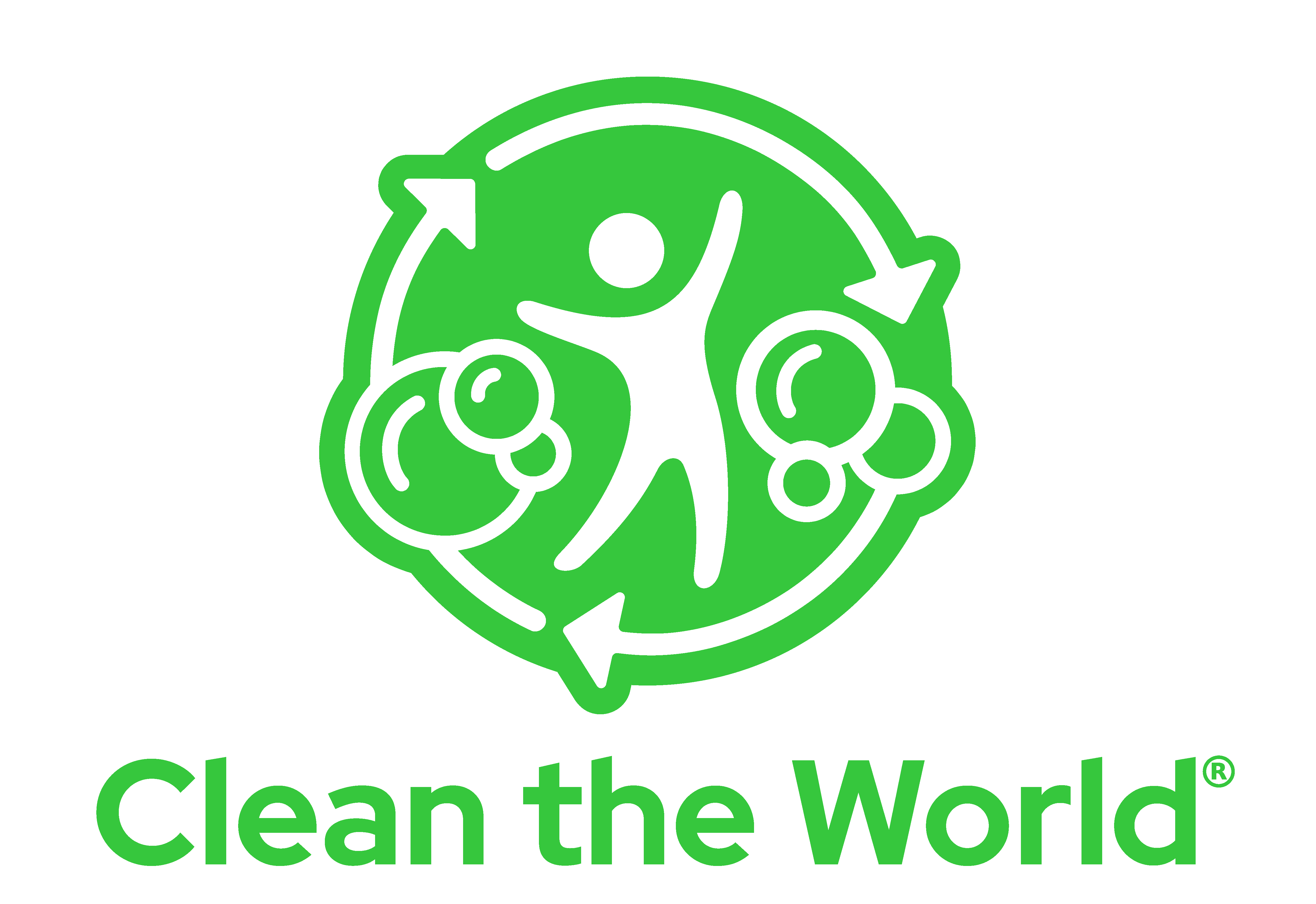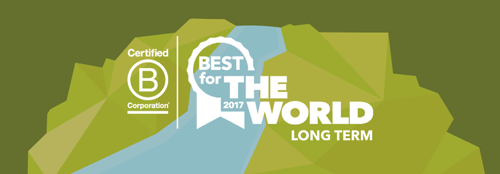
In 2021, 84.3 million tonnes of packaging waste were produced in the EU, corresponding to 188.7 kg per inhabitant. Source.
In April 2024, the European Parliament voted to approve new rules aimed at reducing plastic packaging and encouraging the reuse and recycling of certain types of plastics.
Background:
- Packaging waste in the EU has risen from 66 million tonnes in 2009 to 84 million tonnes in 2021, with projections of further increase to 209 without additional measures.
- The packaging industry, along with local authorities, will play a critical role in implementing these new regulations, especially in enhancing recycling efforts.
Plastics
Increasing plastic recycling is essential for the transition to a circular economy. The use of plastics in the EU has grown steadily, but less than 25% of collected plastic waste is recycled and about 50% goes to landfill. Large quantities of plastics also end up in the oceans. Read the effects of plastic here.
Key Points of the New Legislation
Sustainable Packaging and Waste Reduction:
- The regulation, passed with 476 votes in favor, 129 against, and 24 abstentions, seeks to tackle growing waste, harmonize market rules, and boost the circular economy.
- Targets include a 5% reduction in packaging by 2030, 10% by 2035, and 15% by 2040.
- Packaging waste reduction will focus particularly on plastic, with manufacturers and importers required to minimize the weight and volume of packaging.
Bans on Certain Single-Use Plastics:
From January 2030, bans will be in place for:
- Packaging for unprocessed fresh fruits and vegetables.
- Packaging for foods and beverages in cafés and restaurants.
- Individual portions of condiments, sauces, creamers, and sugar.
- Miniature toiletry packaging in hotels.
- Very lightweight plastic carrier bags (below 15 microns).
Encouraging Reuse and Refill:
- By 2030, specific reuse targets will be set for various types of beverage packaging, transport, and sales packaging.
- Consumers will be encouraged to bring their own containers to restaurants and cafés, which will also aim to offer 10% of products in reusable packaging.
- Measures also include minimum recycled content targets for plastic packaging and minimum recycling targets by weight of packaging waste.
Health Safety Measures:
- The legislation includes a ban on “forever chemicals” (PFASs) above certain thresholds in food contact packaging.
Recycling Requirements:
- All packaging, except lightweight wood, cork, textile, rubber, ceramic, porcelain, and wax, must be recyclable.
- By 2029, 90% of single-use plastic and metal beverage containers up to three liters must be collected separately.
Impact on Hotels, Amenity Suppliers:
“A 200 room hotel can produce as much as 300,000 pieces of single-use plastics per month” – source
Hotel and Amenity Suppliers in the EU will be able to support their local members states by:
- Phasing out of miniature toiletries and other single-use plastics.
- Considering the life cycle of the plastics they are responsible for, in particular taking responsibility for post-consumption destination.
- Find responsible waste management solutions to recycle plastic amenities.
Economic and Environmental Impact:
- By 2030, these measures could reduce greenhouse gas emissions from packaging by nearly a third and decrease water usage by 1.1 million cubic meters annually.
- Consumers could potentially save an average of €100 per year if businesses pass on the savings.
Next Steps:
- The Council needs to formally approve the agreement before it can enter into force.
- The new regulations aim to foster innovation and include exemptions for micro-enterprises.





